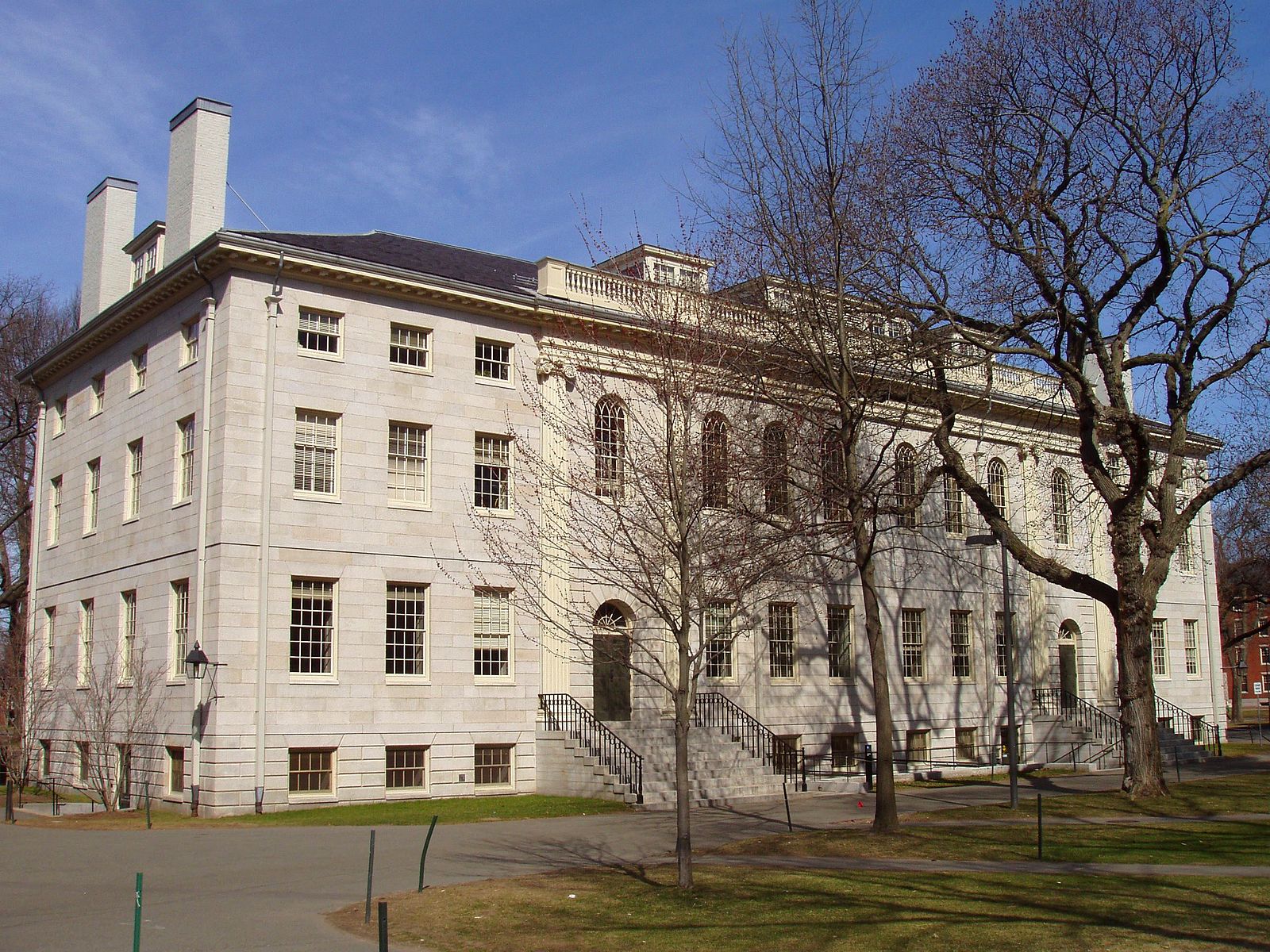This story contains references to sexual misconduct and assault that may be troubling to some readers.
Harvard University formally apologized to Stanford professor emeritus Terry Karl for its failure to dismiss former Harvard professor Jorge Domínguez for sexual misconduct in a statement on Thursday.
In August 1983, Karl, then a junior tenure-track faculty member in Harvard’s Department of Government, filed a complaint alleging that then-professor Domínguez, her senior colleague, had sexually harassed her on multiple occasions over two years. Domínguez was the subject of an investigation and was temporarily relieved from administrative duties. Karl departed for a faculty position at Stanford the next year, citing the challenges of interacting with Domínguez in the Harvard community as her reason for leaving.
Meanwhile, Domínguez rebuilt his career at Harvard, where he continued to hold a variety of positions. Then, in 2018, allegations that Domínguez sexually harassed at least 18 women from 1979 to 2015 surfaced in reports published by the Chronicle of Higher Education. Karl revealed that Domínguez forced her to engage in unwanted kisses and groped her with his hand up her skirt, among other unwanted sexual advances, disregarding repeated verbal and written pleas to stop. Several days after the accusations were reported, Dominguez announced his retirement. Following a subsequent yearlong investigation, Dominguez was stripped of his emeritus status and barred from the Faculty of Arts and Sciences campus.
“Harvard failed [Terry Karl],” Harvard University president Lawrence Bacow wrote in a letter on Thursday. “She deserved better, and she and others suffered greatly as a result.” He also apologized for Harvard’s delay in taking “timely and appropriate actions.”
“We all owe Dr. Karl a debt of gratitude for doing the right thing, especially when it was difficult, and for being persistent in her efforts to demand justice,” he wrote.
Karl issued a statement in response to Bacow’s apology: “Apologies mean such a great deal when an institution, a university department, and a predator try to take away your dignity and your future,” she wrote. “Make no mistake: I am the exception. The overwhelming number of women usually lose their jobs, their confidence, and sometimes their self-respect.”
In an interview with The Daily, Karl said that Harvard’s statement may have been the first time a large institution has apologized to a victim of sexual assault.
“It’s a breakthrough in a way, because all victims of abusive power deserve apology,” she said.
However, Karl also wrote in her statement that her experiences convinced her that “sexual misconduct at Harvard is pervasive and egregious” and that complacency is widespread. Even after Bacow’s apology, Karl is keenly aware that the same harassment and abuse that she had to endure still persists at universities around the country today.
“We’re looking at the same problem today,” she said. “Generations perpetuate discriminations of all types, whether in terms of gender or race.”
Karl also said that Stanford is not an exception.
“I know of cases at Stanford, and so does the administration,” she said. “Our culture, like Harvard’s, fosters a sense of elitism that feeds into the mindset of predators who think that they can do anything.”
University spokesperson E.J. Miranda defended Stanford’s response to sexual harassment in a statement to The Daily.
“Whenever Stanford receives a report of a faculty member engaging in conduct that could be sexual harassment, Stanford responds to redress the situation, which includes investigating allegations,” Miranda wrote.
He added that Stanford takes allegations of sexual misconduct seriously and is committed to providing a campus environment that is free of sexual harassment and all forms of sexual violence, relationship violence and stalking.
Along with the apology, Harvard also released a report of recommendations from an external review committee that was commissioned to investigate the “factors that may inhibit Harvard’s ability” to assure “a working and teaching environment free from harassment and discrimination for all members of our community.”
The report found that the cultural and organizational factors that allowed Domínguez to escape accountability included “pronounced power disparities,” an “inadequate reporting process” and “faculty gender imbalance.” It outlined nine recommendations split across three categories: encouraging reports of misconduct, ensuring more effective responses when misconduct is reported and vetting candidates for leadership positions. Its final recommendation — that Harvard foster a culture that is intolerant of sexual and gender-based harassment — applies to all categories.
Karl acknowledged that schools like Harvard and Stanford are just beginning to address the issues of systemic harassment and discrimination.
“Our advocacy to make changes not only at Harvard but also in Title IX and the U.S. Department of Education has only just begun,” she wrote.
Contact Marianne Lu at mlu23 ‘at’ stanford.edu.
This article has been corrected to include that Domínguez was temporarily relieved from his administrative duties.
